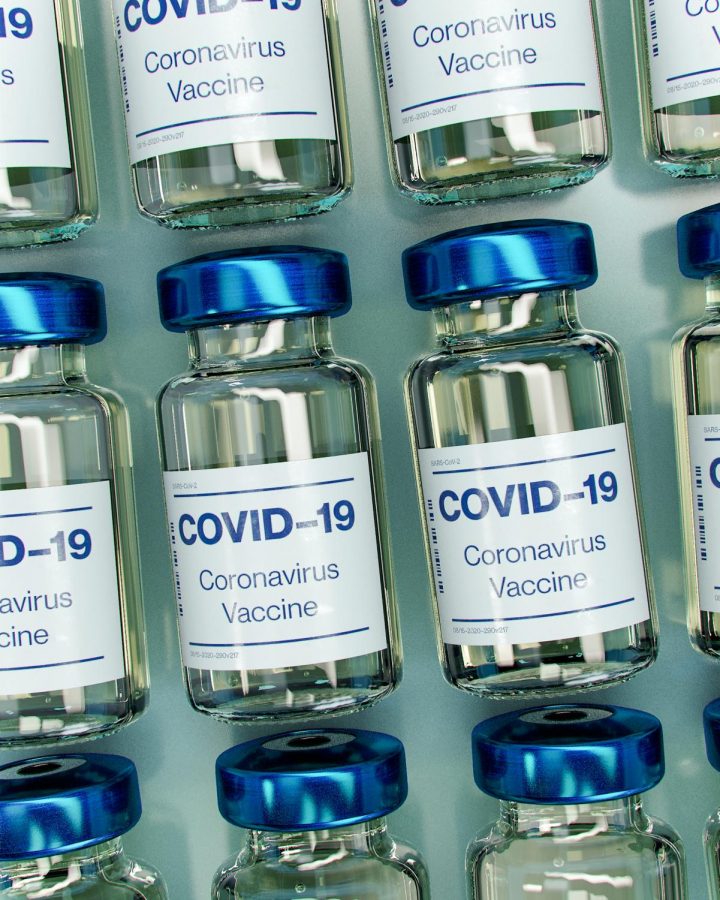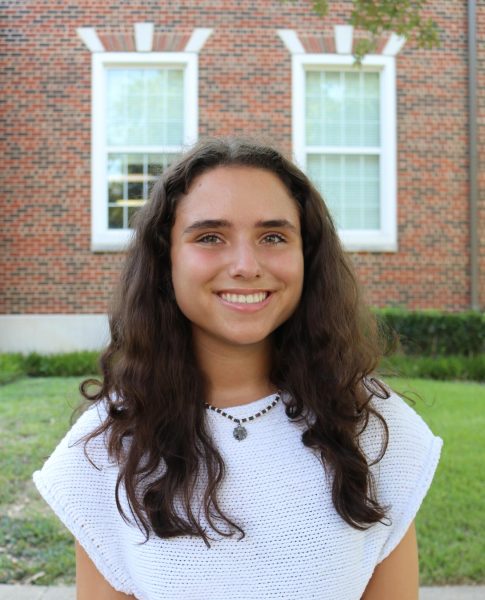Pfizer CEO Albert Bourla announced that the company has filed a request to the U.S. Food and Drug Administration for emergency use authorization of its coronavirus vaccine on Friday.
Drugmaker Pfizer and partner BioNTech, along with drugmaker Moderna, could be potential cures for stopping the spread of the coronavirus, as both companies announced promising results in their vaccines.
Pfizer has the highest efficacy rating at 95 percent, while Moderna is not far behind at 94.5 percent efficacy rating. Moderna also said that zero severe coronavirus cases were reported in the vaccinated group.
“Help is on the way,” Dr. Anthony Fauci, the top U.S. infectious disease expert said when Pfizer announced the results of the vaccine. “We need to actually double down on the public health measures as we’re waiting for that help to come.”
Pfizer, one of the leading vaccine makers in the world, has the infrastructure and ability to produce the necessary doses needed. Pfizer estimated it could have 50 million doses available by the end of the year for the world. About 25 million doses may become available for the U.S. for use in December, 30 million in January, and 35 million more in February and March, according to information presented to the National Academy of Medicine this week. Recipients will need two doses, three weeks apart.
New Mexico, Rhode Island, Tennessee and Texas were the states picked for Pfizer’s pilot delivery program regarding the vaccines. Pfizer picked the following states based on size, population diversity and immunization infrastructure. The participation in the pilot program does not mean these states will receive doses of the vaccine earlier than any other states, nor will the remaining pilot participants, according to Pfizer.
The biggest factor to consider with both vaccines is their temperature. Typically vaccines are kept between 36 and 46 degrees Fahrenheit, but these newly created vaccines are needed to be shipped and stored at -94 degrees Fahrenheit.
The temperature range between general vaccines and Pfizer may create problems because some hospitals may not have enough cold storage space to keep the vaccines.
The Trump Administration’s Operation Warp Speed has worked with states to line up how many doses they would need to cover the populations offered vaccines first.
Pfizer will ship those supplies as ordered by the states, only after the Food and Drug Administration gives the OK.




